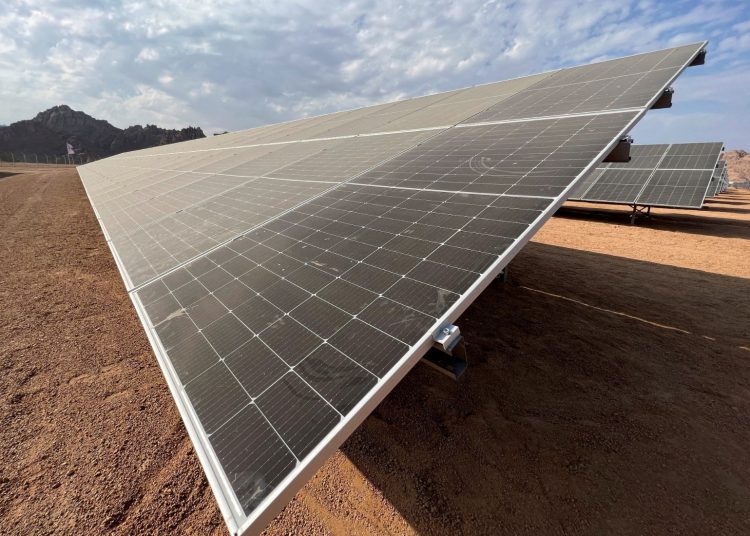The World Bank has praised Egypt’s legal framework which has progressively underpinned sustainable development, main streaming the environmental agenda into policy-making and sectoral policies.
Egypt is seeking to employ sustainable approaches and policies to ensure natural assets are preserved and societal well-being is protected for generations to come while ensuring sustainable economic growth, the World Bank said in a report.
Environmental policy formulation in Egypt is an evolving process that has gradually aligned with the concept of sustainable development and climate change.
“The current environmental law is one of the most significant legislative milestones to date, evolving a frame work to match the sector’s complexity and crystalizing actors’ agency,” said the World Bank report, a copy of which was made available to The Egyptian Gazette.
According to the report, the 2020 waste management law signaled Egypt’s determination to valorize the waste value chain for circularity and investment, and the 2017 industrial licensing law streamlined industrial permitting in a one-stop-shop at the Industrial Development Authority (IDA).
“Prior to these laws, Egypt Vision 2030 laid out the social dimension of environmental justice, recognizing a legacy built on weak governance with limited transparency and accountability as a major challenge,” it noted.
Egypt has improved the efficiency of resource-reliant sectors to meet the Sustainable Development Goals (SDGs). Good progress was made in the last two decades to strengthen environmental policies and mainstream the environmental agenda into sectoral policies.
According to the report, the most important of these are: the Environmental Protection Law (4/1994, amended by 9/2009 and 105/2015); Industrial Licensing Law (15/2017); and Waste Management Law (202/2020).
Required enhancements
In the last few years, efforts have been made to improve the relation between environmental inspection and effective compliance to lower transaction costs and better coordinate the different rules and procedures.
The World Bank called for enhancing systems of the Egyptian Environmental Affairs Agency(EEAA) to improve effectiveness.
“Across the last three decades, Egypt has interwoven laws,policies, and instruments for more effective inspection and compliance. Yet the EEAA systems need enhancements for effectiveness, and the country’s fiscal position needs reframing to make penalties more impactful,” said the report.
According to the World Bank report, the continuous online monitoring of stack emissions, ambient air, water quality,and industrial wastewater discharge monitoring networks is important for collecting the information, but mainstreaming and integrating with other agency monitoring stations would have a greater impact on environmental management.






Discussion about this post